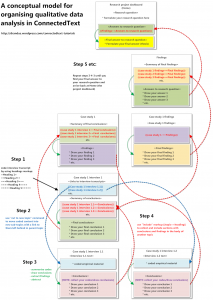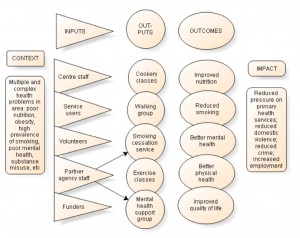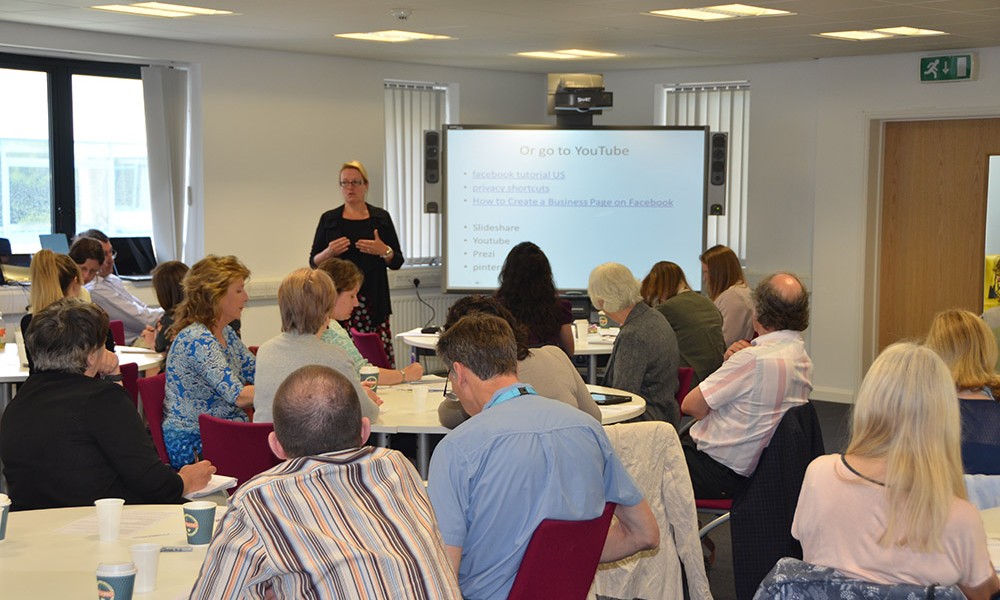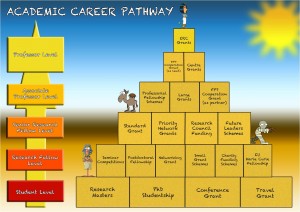You enjoy research, but writing papers is either scary or just takes too long. You are under pressure to ‘get published’ in high ranking journals, but daily commitments mean you haven’t got patches of undisturbed hours in your diary.
Quality Papers provides a process that can help you write with greater speed and confidence, at the same time as increasing your chance of getting published in your target journal. The course gives strategies for getting the best from your co-authors and streamlining thinking, writing and editing.
We have hired the services of an external facilitator to offer support in this for academic staff as part of the BRAD programme. Dr Nicola Cotton holds a First class honours degree in French and German from Wadham College, Oxford and has gained an MA and PhD at UCL. Nicola is a fully qualified teacher and has been lecturing at university level since 1992. She has worked as a research assistant at UCL for the Vice-Provost and also as Editor for Asian Advertising and Marketing Magazine in Hong Kong. In her role as associate trainer Nicola combines her knowledge of research and language to deliver excellent training in writing for publication using the Think-Write approach
The session is on Friday 17th April 2015 08:45 – 16:30 on Talbot campus. There are limited spaces so please do ensure you get one by booking on the Organisational Development webpages.





 Coming soon is essential training on book writing. A must for researchers, especially those looking to write their first book.
Coming soon is essential training on book writing. A must for researchers, especially those looking to write their first book.


















 Beyond Academia: Exploring Career Options for Early Career Researchers – Online Workshop
Beyond Academia: Exploring Career Options for Early Career Researchers – Online Workshop UKCGE Recognised Research Supervision Programme: Deadline Approaching
UKCGE Recognised Research Supervision Programme: Deadline Approaching SPROUT: From Sustainable Research to Sustainable Research Lives
SPROUT: From Sustainable Research to Sustainable Research Lives BRIAN upgrade and new look
BRIAN upgrade and new look Seeing the fruits of your labour in Bangladesh
Seeing the fruits of your labour in Bangladesh ECR Funding Open Call: Research Culture & Community Grant – Apply now
ECR Funding Open Call: Research Culture & Community Grant – Apply now ECR Funding Open Call: Research Culture & Community Grant – Application Deadline Friday 12 December
ECR Funding Open Call: Research Culture & Community Grant – Application Deadline Friday 12 December MSCA Postdoctoral Fellowships 2025 Call
MSCA Postdoctoral Fellowships 2025 Call ERC Advanced Grant 2025 Webinar
ERC Advanced Grant 2025 Webinar Update on UKRO services
Update on UKRO services European research project exploring use of ‘virtual twins’ to better manage metabolic associated fatty liver disease
European research project exploring use of ‘virtual twins’ to better manage metabolic associated fatty liver disease